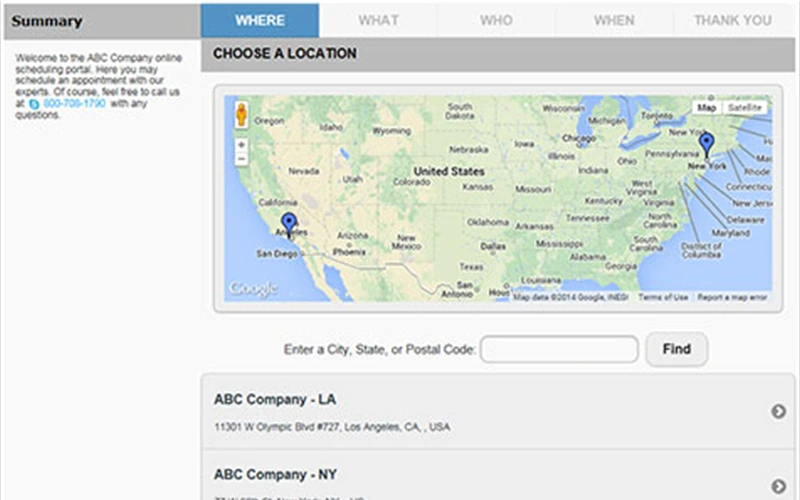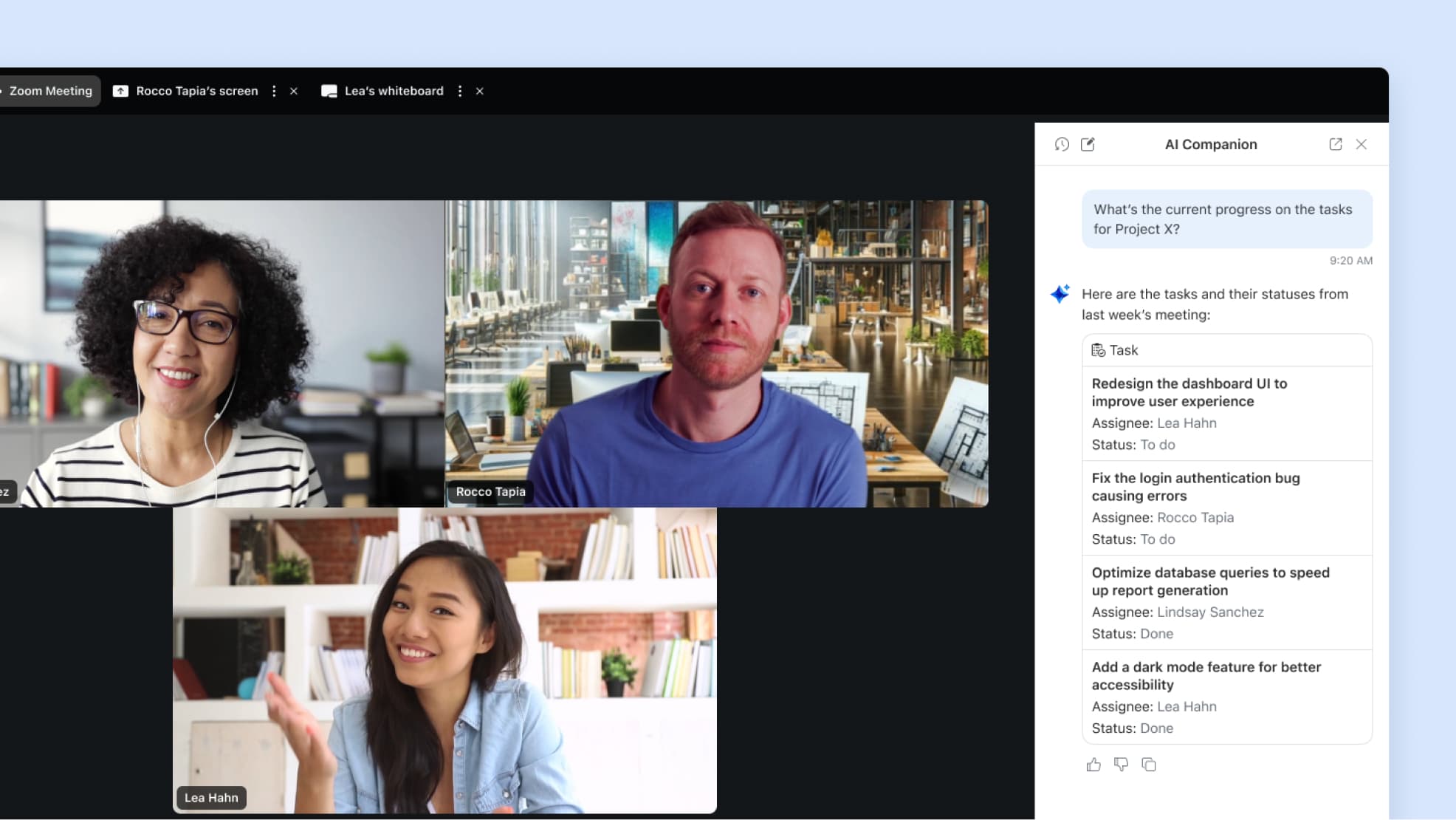Your SUMO online self-scheduling site comes equipped with intelligent functionality to prevent double booking. For example, some SUMO customers run radio and tv ads, which drives a lot of people clicking on the SUMO Schedule Now button. If two people click to schedule an opening at the same time, the first one gets the appointment opening, while the other will get a warning letting them know the slot has just been taken and to choose another.
Some of the most important things in these tools
Unleash the power of intelligent scheduling




